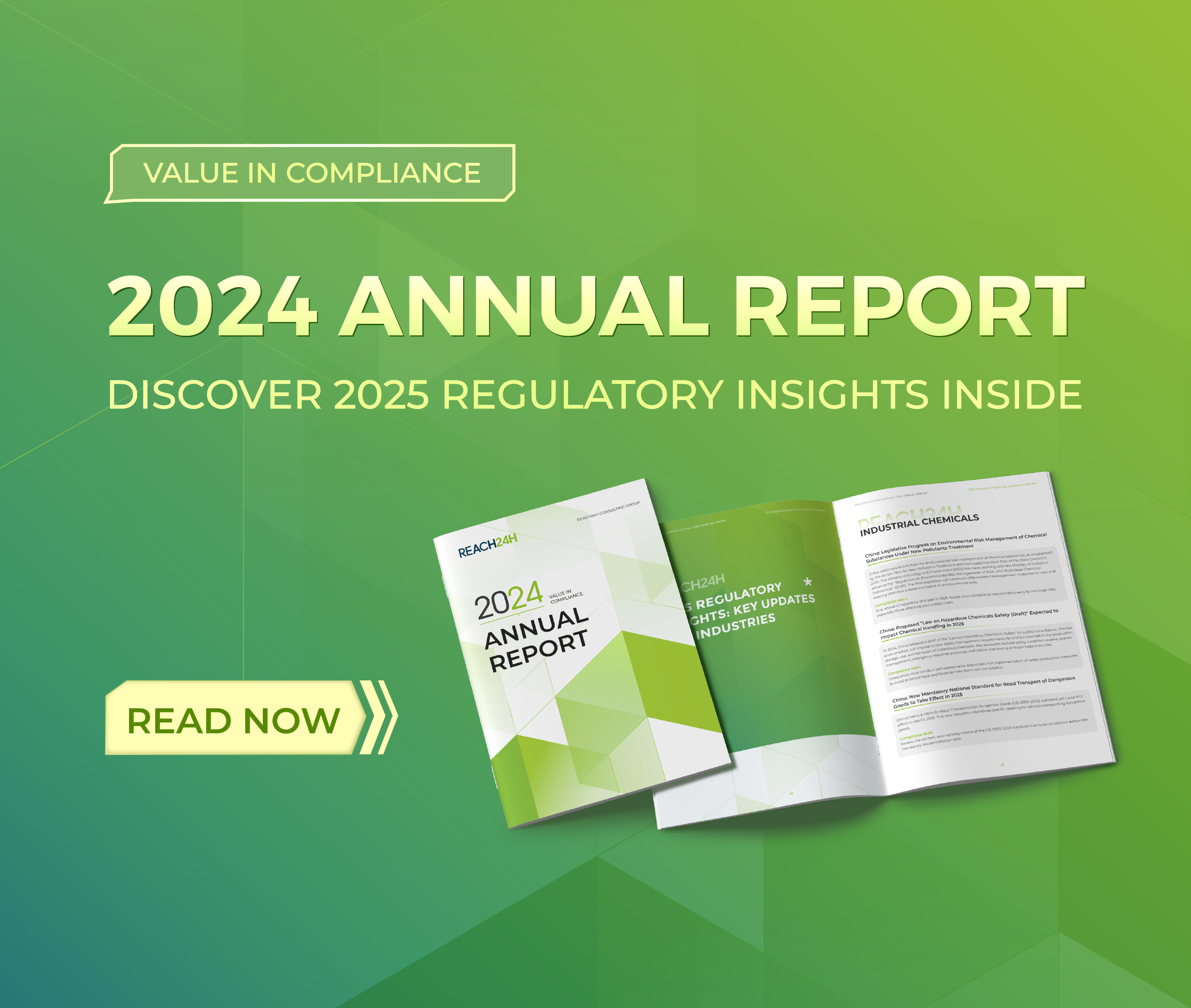Analysis of Herbicides Registration in China: Updated Requirements, Regulations, and New Herbicides in 2022, Part 2/2
China is one of the most seriously weeds-harmed countries, and mainly relies on chemical pesticides for weed control, i.e., herbicides. This article is an analysis of herbicide registration in China, in two parts: Statistics in 2015-2022, and Updated Regulations, Policy, and New Herbicides in 2022.
Contents
- Statistics of Herbicides Registration in 2015-2022
- Overview
- Statistics of Registered Pesticides
- Updated Regulations, Policy, and New Herbicides in 2022
- Registration Requirements for Nonselective Herbicides
- Registration Requirements of Target Herbicides for Genetically Modified Herbicide-tolerant Crops
- Herbicides Newly Applied for Registration in 2021: Bixlozone & Tembotrione
Registration Requirements for Nonselective Herbicides
In 2022, the Institute for the Control of Agrochemicals, Ministry of Agriculture (ICAMA) issued the Technical Review Rules for Pesticide Registration (Implementation), (hereinafter referred to as the Rules)which is mainly used for internal operation. The Rules stipulates the evaluation principles of product chemical data, toxicology, efficacy, residual and environmental data, and formulates the list of related impurities, the list of herbicides for resistance risk assessment, etc., which further clarifies the registration requirements of herbicides.
According to the 40th meeting of the Ninth National Pesticide Registration and Evaluation Committee, the label management of nonselective herbicides and the mixture of nonselective and selective herbicides for farmland should be strengthened, and the use of such products in agricultural and forestry areas such as field roads, ridges, fruit tree rows, fallow land and forest land should be prohibited. In addition, the meeting recommended that the testing record of mixtures of non-selective and selective herbicides for field use should no longer be approved.
Registration Requirements for Target Herbicides for Genetically Modified Herbicide-tolerant Crops
On March 25, 2022, the MOARA issued Announcement No.542 that the Registration Data Requirements for Target Herbicides for Genetically Modified Herbicide-tolerant Crops was formulated, in order to standardize the registration management of target herbicides for genetically modified herbicide-tolerant crops and to ensure the safety and effectiveness of herbicides. In addition, relevant guidelines for field efficacy trials were issued, which further promoted the registration of target herbicides for genetically modified herbicide-tolerant corn and soybean in China.
New Herbicides Registered in 2021
In 2021, 21 new active ingredients (in 39 pesticide products) were registered in China, including 7 insecticides, 8 fungicides, 2 nematicides, 2 herbicides (see Table 4.) and 2 plant growth regulators. The new pesticides registered in 2021 were mainly biocides with low toxicity and micro-toxicity, accounting for 71.4% of the new pesticides, and 42.8% of the new biocides were microbial pesticides.
Table 4. New Herbicides Registered in 2021
| No. | Active ingredient | Target | Applicant |
| 1 | Bixlozone | Annual broad-leaved weed on winter wheat | FMC |
| 2 | Tembotrione | Annual weed on corn field | Anhui Jynongye Co., Ltd. |
New Herbicide: Bixlozone
Bixlozone is a selective pre-emergence herbicide of isoxazolinone with systemic effect. It is absorbed by roots and seedlings, and transported from roots to xylem with transpiration, hindering photosynthesis and causing short-term death of sensitive plants. It causes plants to turn white by inhibiting the biosynthesis of chlorophyll and carotenoids in sensitive plants, and selectively inhibits diterpene synthesis in weeds. It has a broad spectrum of weed control and is effective against critical resistant weeds.
The label of the bixlozone product should indicate that excessive use is not allowed to avoid phytotoxicity. In order to confirm the safety of the bixlozone product on different wheat varieties, small-scale efficacy tests should be carried out before it is used on a large-scale in different regions. In addition, the bixlozone product is forbidden in areas where natural enemies such as Trichogramma are released.
New Herbicide: Tembotrione
Tembotrione is a benzoyl cyclohexanedione herbicide. It works in the way that HPPD inhibition causes the reduction of plastoquinone and tocopherol in plants, so that the plants are subjected to chlorosis, discoloration, tissue necrosis and death. Resistant weeds could be controlled in this way, and the tembotrione has no cross-resistance with the existing herbicides. Tembotrione is systemic and selective with a broad spectrum, and high compatibility with the environment. It is mainly used for preventing and killing various broadleaf and gramineous weeds in corn fields after sprouting.
Tembotrione should not be stored and transported with oxidizing substances. In addition, the label shall indicate information on skin and eye irritation and precautions for safe use. Wheat, corn, soybean, potato, sunflower, cotton and kidney bean can be planted as succeeding crops, but carrot and beet cannot be planted as succeeding crops.
Read Part 1: Analysis of Herbicides Registration in China: Statistics in 2015-2022, Part 1/2
Reference Links
- Pesticide Registration: China Rejects Pesticide Product Registration for Efficacy Issues
- Issues to Note in China’s Pesticide Enterprise Standards
- New Pesticide Registration in China: In-depth Analysis of Challenges and the Trend
Contact Us
If you have any questions regarding herbicide or pesticide registration in China, please feel free to contact us at:
Email: customer@reach24h.com
Tel: +86-571-87006630


